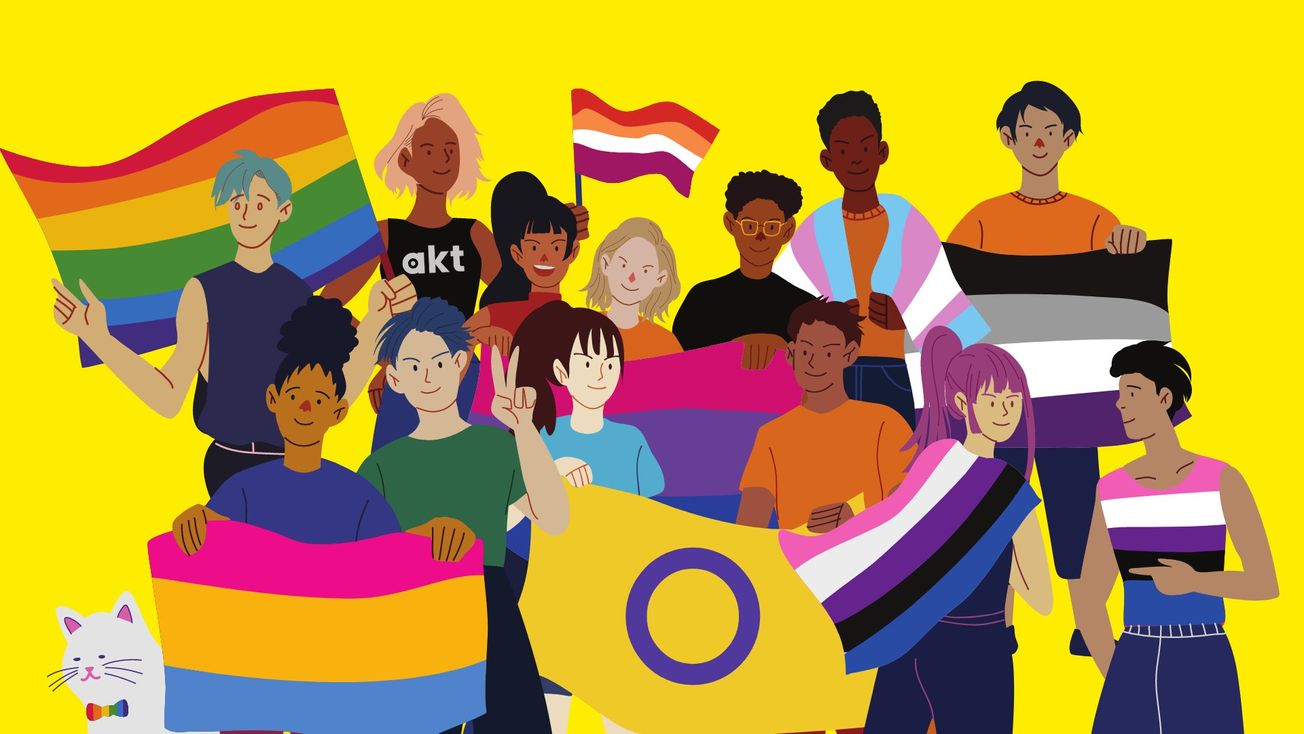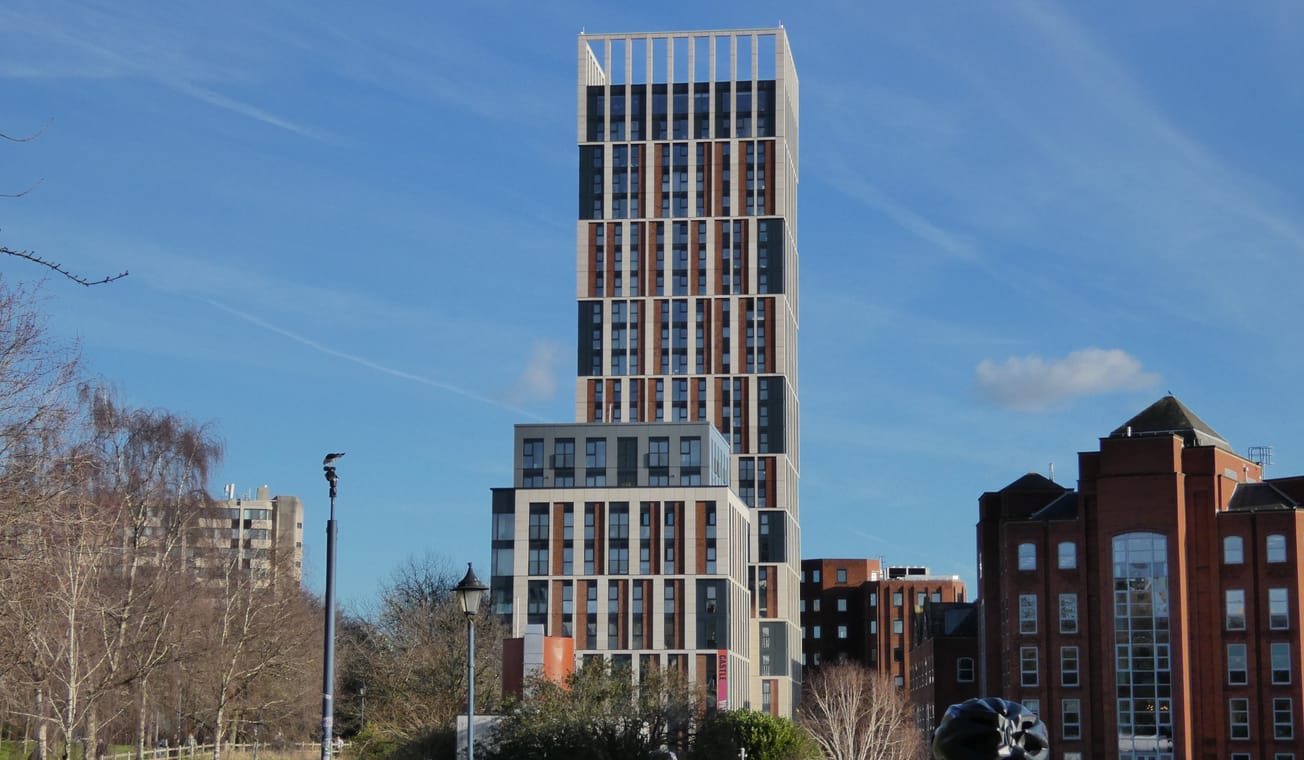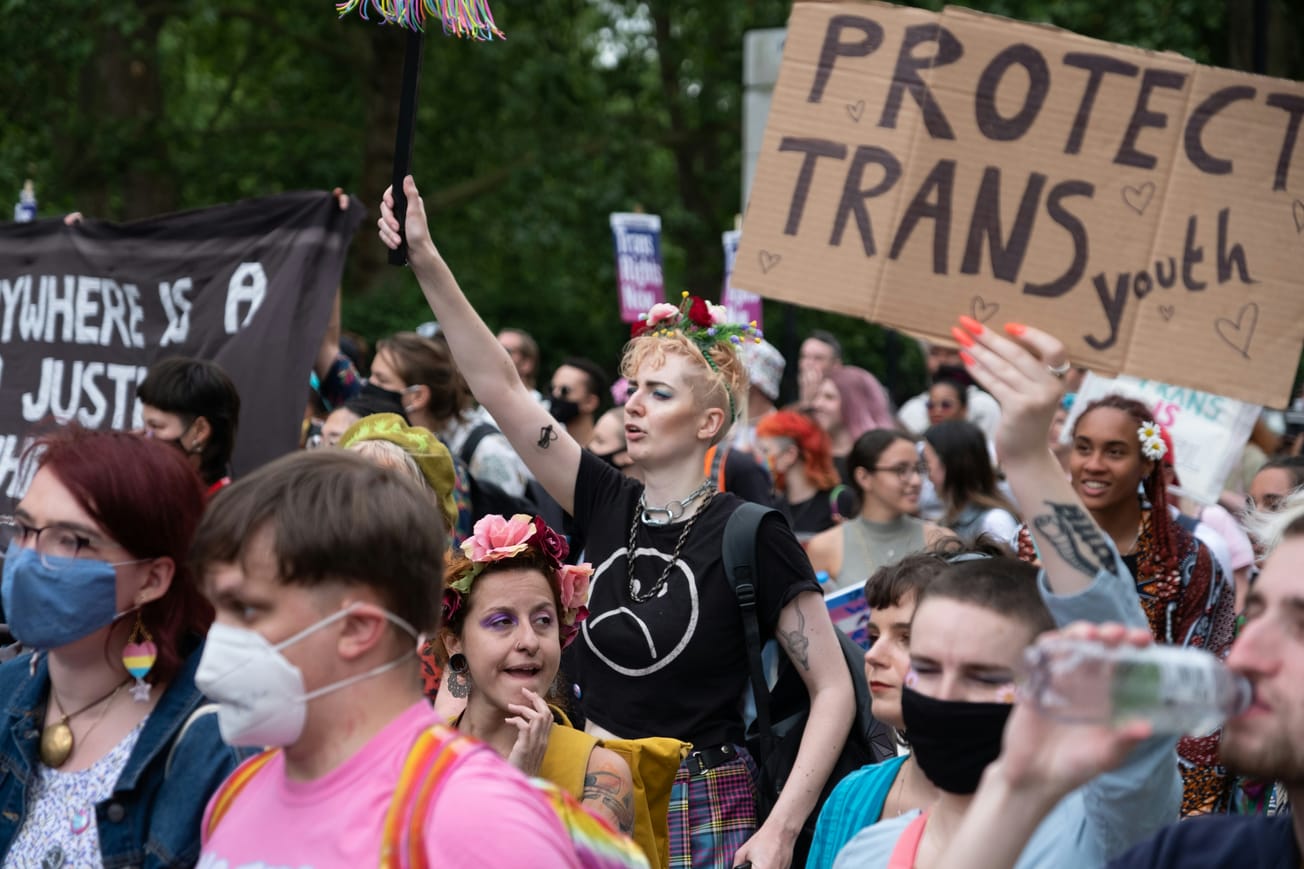By Billy Stockwell, Investigations Editor
With 24% of young homeless people in the UK identifying as LGBTQ+, are there enough inclusive support services to help them? Epigram speaks to akt, an LGBTQ+ homelessness charity in Bristol, to find out what makes LGBTQ+ youth particularly vulnerable to this societal problem.
Akt (formerly The Albert Kennedy Trust) opened a new support service in Bristol last year to assist young LGBTQ+ people who are currently experiencing homelessness, might be at risk of experiencing homelessness, or are living in hostile or abusive environments.
It is one of four support centres across the country, alongside centres in Newcastle, London and Manchester.
Jo Bahndal, Campaigns, Policy and Research Lead, told Epigram that they are the 'only charity of its kind, that focuses specifically on homelessness and queer young people.'
Focusing their services towards 16-25 year olds, akt helps to provide emergency housing and supports queer young people through mentorship and employment schemes.
Please help us continue to support LGBTQ+ young people facing homelessness this #WorldHomelessDay: https://t.co/nV9amDPchB pic.twitter.com/UOA6OE9NHd
— akt (@aktcharity) October 10, 2021
Over the course of the pandemic, the charity saw a huge spike in the number of referrals being sent their way - for instance, from other organisations like Shelter.
'The pandemic has made us acutely aware of the issues that are happening,' Jo says. 'For example, from April to August last year we saw an 180% increase in referrals, and between 2020 to 2021 there was a 71% increase in caseload.'
This is because Government guidance requiring people to stay at home resulted in a lot of queer young people being trapped in abusive households, Jo explains.
Akt's recent LGBTQ+ Youth Homelessness Report found that half of the young queer people that they surveyed in the UK feared that coming out to their family would result in them being thrown out. The pandemic has exacerbated this issue significantly, according to Jo.
'Normally, young people in a hostile environment might stay at a mate's house,' she says. 'But that obviously wasn't available anymore. If they can't do that, they might stay on transport. Or if they have no other choice, they might sleep on the streets.'
'But if you're sleeping on the streets as a queer young person there is an additional risk to you.'
Jo says that there has been increased Government support for homeless communities throughout the pandemic, but this has not focused on LGBTQ+ people. Some homeless accommodation might not be LGBTQ+ inclusive, she says, meaning that young queer people do not get the support that they need.
For example, over half (59%) of LGBTQ+ young homeless people have faced some form of discrimination or harassment while accessing services, according to akt's report.
This is clearly a disappointing figure, given the high number of LGBTQ+ people within the homeless population.
'Nationally, we know that 24% of young people who are experiencing homelessness identify as LGBTQ+, so that's already an overrepresentation,' Jo says.
However, she believes that this percentage is probably higher, but because there is a lack of monitoring of sexual orientation and gender identity when young people approach local authorities the real figure is not known.
One thing that is known is that there has been an increase in the number of trans young people who are experiencing homelessness in Bristol, something that Jo says could relate to the recent rise in online transphobic vitriol. Trans young people now make up half of the individuals referred to akt, Jo says.
The struggles of LGBTQ+ students in lockdown
The pandemic from the pavement – stories from Bristol’s homeless amidst Covid-19
When young queer people can't find a safe place to stay for the night, they are often forced into risky situations to find shelter. For example, some resort to finding people on dating apps or at nightclubs to take them in. "A bed for a night", as Jo calls it.
Almost one fifth of LGBTQ+ young people felt like they had to have casual sex to find somewhere to stay while they were homeless, according to akt's recent report.
'There’s been a lot of alcohol use and substance abuse and a lot of promiscuous sex, and you know, all the things that you do when you’re sad and you’re young,' one young LGBTQ+ homeless person said in the report.
'That is definitely something that we see and that brings its own risks of sexual exploitation,' Jo explains. 'That's not to stigmatise young people for having sex, but it's important to consider what that is in exchange for.'
Looking to the future, Jo explains how the pandemic has clearly highlighted a gap in mainstream housing services for LGBTQ+ young people.
'We need to expand our services and have a more national presence,' she says. 'It's also really important to connect young people with other young people so they have a community, because that's really important when you're thinking about homelessness.'
She encourages anyone who is at risk of homelessness or in need of housing support, including University of Bristol students who might be worried about going home to abusive households over Christmas, to reach out.
Akt's Twitter, Instagram and website are all monitored and can be used to put you in touch with the right people or organisations.
'We also have a lot of resources on our website that are directed at people at universities.' For example, a specific guide for LGBTQ+ University students can be found here. You can visit akt's website here.
Featured Image: akt
Did you know that LGBTQ+ people are overrepresented in the homeless population?









